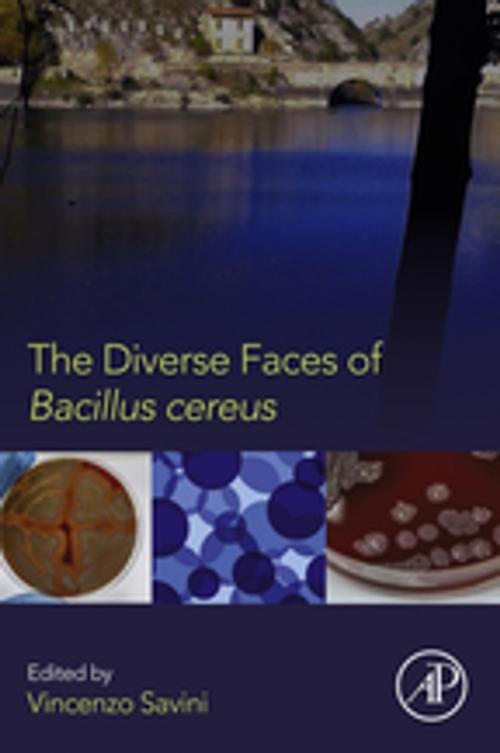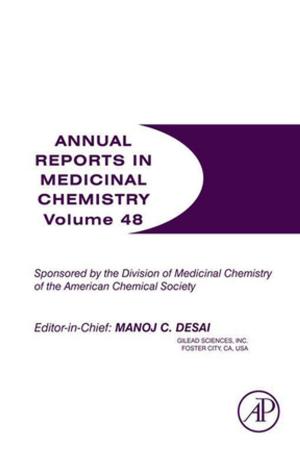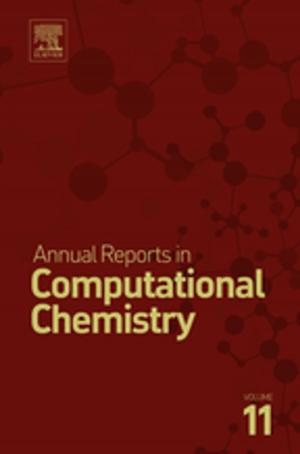The Diverse Faces of Bacillus Cereus
Nonfiction, Science & Nature, Science, Biological Sciences, Bacteriology, Microbiology| Author: | ISBN: | 9780128016930 | |
| Publisher: | Elsevier Science | Publication: | February 24, 2016 |
| Imprint: | Academic Press | Language: | English |
| Author: | |
| ISBN: | 9780128016930 |
| Publisher: | Elsevier Science |
| Publication: | February 24, 2016 |
| Imprint: | Academic Press |
| Language: | English |
The Diverse Faces of Bacillus cereus elucidates all characteristics of this microorganism, from its environmental and ecologic relevance, to its veterinary involvement, its clinical settings, most common B. cereus associated food poisoning episodes, and the newest airway disease pictures mimicking the inhalation of anthrax.
Due to its environmental distribution, B. cereus may cause serious, even fatal human diseases. The organism shows many diverse faces, as it is not only a veterinary pathogen, but also used as a biocontrol agent to control vegetable decay due to its natural antimicrobial properties.
Once considered as a mere colonizer or contaminant, Bacillus cereus is nowadays acquiring increasing importance as an agent of nosocomial infections. The book's target audience is familiar with this opportunistic pathogen and will benefit from this clear compendium on the classical and molecular techniques and procedures that may be adopted or followed to correctly identify this intriguing multi-faceted microorganism.
- Presents an update on the current aspects of Bacillus Cereus
- Elucidates all aspects of and provides a concise compendium on the recent literature of Bacillus Cereus
- Gives an overview of the patents proposing its use as a natural pesticide
The Diverse Faces of Bacillus cereus elucidates all characteristics of this microorganism, from its environmental and ecologic relevance, to its veterinary involvement, its clinical settings, most common B. cereus associated food poisoning episodes, and the newest airway disease pictures mimicking the inhalation of anthrax.
Due to its environmental distribution, B. cereus may cause serious, even fatal human diseases. The organism shows many diverse faces, as it is not only a veterinary pathogen, but also used as a biocontrol agent to control vegetable decay due to its natural antimicrobial properties.
Once considered as a mere colonizer or contaminant, Bacillus cereus is nowadays acquiring increasing importance as an agent of nosocomial infections. The book's target audience is familiar with this opportunistic pathogen and will benefit from this clear compendium on the classical and molecular techniques and procedures that may be adopted or followed to correctly identify this intriguing multi-faceted microorganism.
- Presents an update on the current aspects of Bacillus Cereus
- Elucidates all aspects of and provides a concise compendium on the recent literature of Bacillus Cereus
- Gives an overview of the patents proposing its use as a natural pesticide















